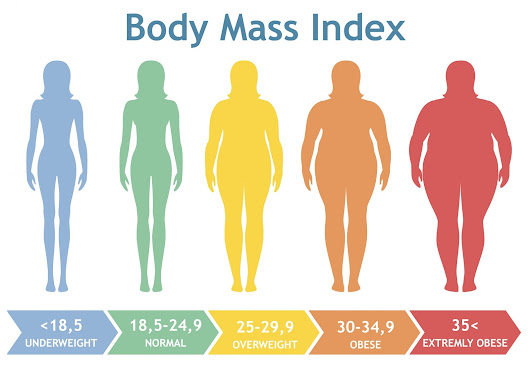Obesity in the Workplace: A Growing Concern
Obesity in the Workplace: A Growing Concern
Obesity has become a major health concern in the workplace, with nearly 40% of adults in the United States classified as obese. Obesity not only affects the health of employees but also has a significant impact on workplace productivity and efficiency. In this blog, we'll discuss the issue of obesity in the workplace and its effects on productivity and efficiency.
Obesity in the Workplace
Obesity is defined as having a body mass index (BMI) of 30 or higher, and it is a significant risk factor for a range of health problems, including diabetes, heart disease, and certain types of cancer. Many factors contribute to obesity, including a sedentary lifestyle, poor nutrition, and genetics.
The workplace can be a significant contributor to obesity, as many jobs require long hours of sitting at a desk or in front of a computer. Additionally, the availability of unhealthy foods and snacks in break rooms and vending machines can make it difficult for employees to make healthy choices.
Effects on Productivity and Efficiency
Obesity can have a significant impact on workplace productivity and efficiency. Studies have shown that obese employees are more likely to miss work due to illness, resulting in decreased productivity and increased healthcare costs. Additionally, obese employees may be less productive on the job, as they are more likely to experience fatigue, reduced mobility, and other health issues that can affect job performance.
Obesity can also lead to decreased workplace morale and increased stress levels. Obese employees may experience discrimination or stigma, which can lead to decreased job satisfaction and increased stress. This can have a negative impact on workplace morale and ultimately affect productivity and efficiency.
Solutions for Employers
Employers can take steps to address the issue of obesity in the workplace and promote a healthier workforce. This can include providing healthy food options in the workplace, such as fruits and vegetables, and encouraging employees to engage in physical activity, such as walking breaks or exercise programs.
Employers can also offer wellness programs that provide education and resources on healthy eating and exercise habits. These programs can help employees make healthier choices and improve their overall health and well-being, ultimately leading to increased productivity and efficiency.
In Conclusion:
Obesity in the workplace is a significant health concern that can have a significant impact on productivity and efficiency. Employers can take steps to promote a healthier workforce and address the issue of obesity, ultimately leading to a more productive and efficient workplace. By investing in the health and well-being of employees, employers can create a positive and supportive work environment that benefits both employees and the organization as a whole.




ความคิดเห็น
แสดงความคิดเห็น